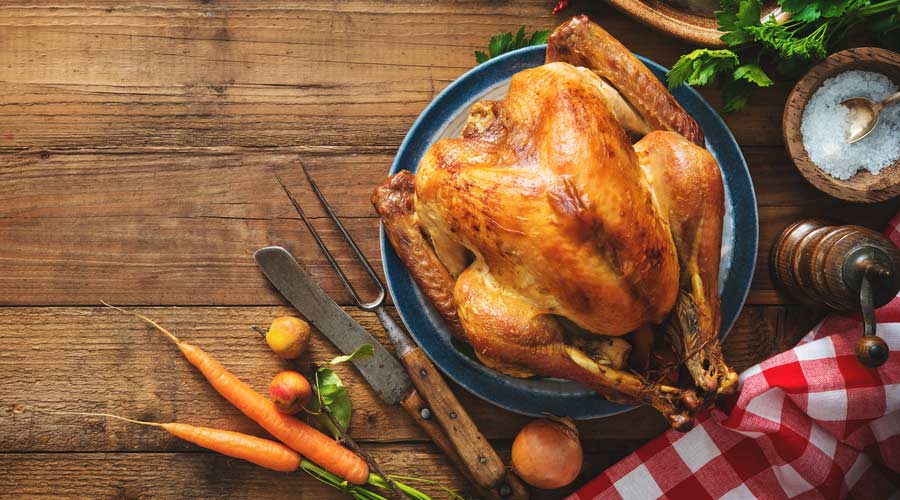
Contributed by ProNatural Brands
When we think of Thanksgiving dinner, we think of turkey. But there are lots of fruits and vegetables that are also a big part of the Thanksgiving dinner.
Before serving these to friends and family, we must ensure they are thoroughly cleaned. Most produce delivered to stores or restaurants is rinsed during processing, but just to remove pesticide residue, coatings that protect the produce, and insect debris.
This is not enough to ensure the produce is safe to consume. To make sure it is, ProNatural Brands, LLC, makers of a popular, naturally derived fruit and vegetable wash, offers the following suggestions:
- Wash your hands for 20 seconds before handling fresh produce.
- Remove any stems or leaves from the produce; this is where pesticide residue can hide.
- The surfaces of melons and cantaloupe have been connected to recent foodborne illness outbreaks. Before cutting or slicing, wash the surface of these fruits with a spray-on fruit and vegetable wash. This helps remove potentially harmful microbes, helps the produce last longer, and enhance its appearance.
- Dishwashing detergents should not be used to wash fruits and vegetables. Most are not approved for this task and can leave a soap residue, which can be an intestinal irritant.
- Always use a fresh cutting board and fresh utensils when handling produce. Clean or change them regularly if preparing a lot of produce.
- Related to this, always use one cutting board for meat, poultry, and seafood, and another for cutting produce. Produce can become quickly contaminated if any meat, poultry, or seafood residue is left on the cutting board.
- Countertops should be sanitized before, during, and after working with food items. Many commercial kitchens use a citric-based, one-step cleaner/sanitizer, to clean and sanitize food contact surfaces.
- Refrigerate fresh produce within two hours or less of peeling or cutting.
“It’s also recommended we do one more thing,” says Lee Chen, COO of ProNatural Brands. “In the shopping cart, keep meats, fish, and poultry separate from fruits and vegetables. This prevents juices from meat items [from] dripping on the produce.”

 Celebrating BSCAI's 60th Anniversary eBook
Celebrating BSCAI's 60th Anniversary eBook The Down and Dirty on Cleaning in Virus Season
The Down and Dirty on Cleaning in Virus Season How Surfactant Use is Expanding in Commercial Cleaning
How Surfactant Use is Expanding in Commercial Cleaning